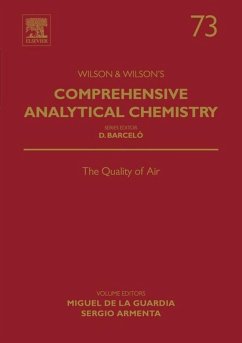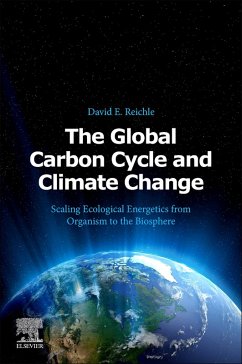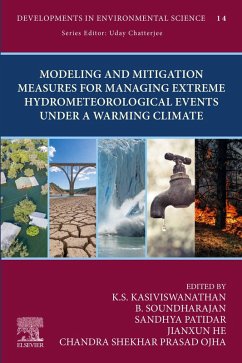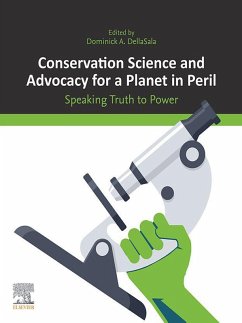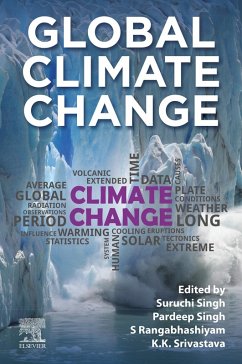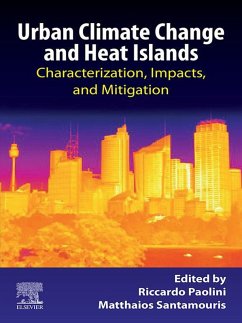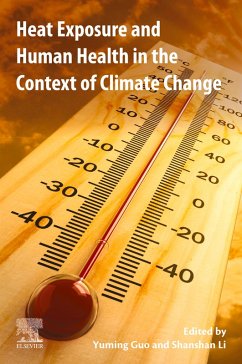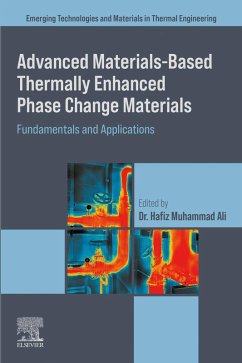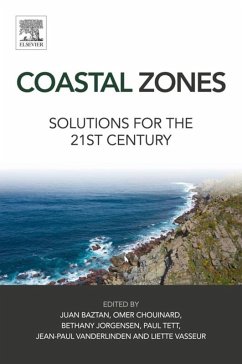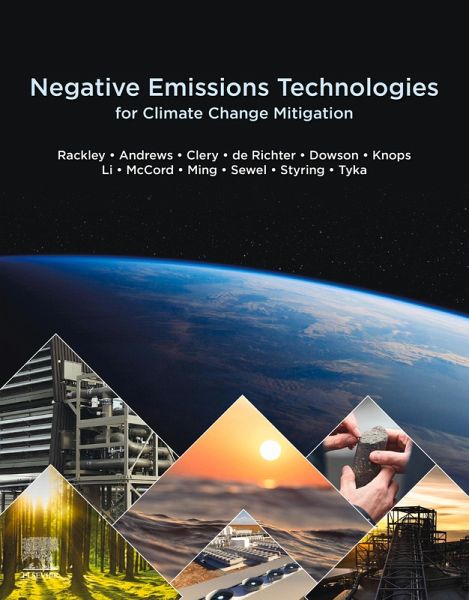
Negative Emissions Technologies for Climate Change Mitigation (eBook, ePUB)

PAYBACK Punkte
54 °P sammeln!
Negative Emissions Technologies for Climate Change Mitigation provides a comprehensive introduction to the full range of technologies that are being researched, developed and deployed in order to transition from our current energy system, dominated by fossil fuels, to a negative-carbon emissions system. After an introduction to the challenge of climate change, the technical fundamentals of natural and engineered carbon dioxide removal and storage processes and technologies are described. Each NET is then discussed in detail, including the key elements of the technology, enablers and constraint...
Negative Emissions Technologies for Climate Change Mitigation provides a comprehensive introduction to the full range of technologies that are being researched, developed and deployed in order to transition from our current energy system, dominated by fossil fuels, to a negative-carbon emissions system. After an introduction to the challenge of climate change, the technical fundamentals of natural and engineered carbon dioxide removal and storage processes and technologies are described. Each NET is then discussed in detail, including the key elements of the technology, enablers and constraints, governance issues, and global potential and cost estimates.This book offers a complete overview of the field, thus enabling the community to gain a full appreciation of NETs without the need to seek out and refer to a multitude of sources. - Covers the full spectrum of technologies to underpin the transition to a negative emissions energy system, from technical fundamentals to the current state of deployment and R&D - Critically evaluates each technology, highlighting advantages, limitations, and the potential for large scale environmental applications - Combines natural science and environmental science perspectives with the practical use of state-of-the-art technologies for sustainability
Dieser Download kann aus rechtlichen Gründen nur mit Rechnungsadresse in A, B, BG, CY, CZ, D, DK, EW, E, FIN, F, GR, HR, H, IRL, I, LT, L, LR, M, NL, PL, P, R, S, SLO, SK ausgeliefert werden.




